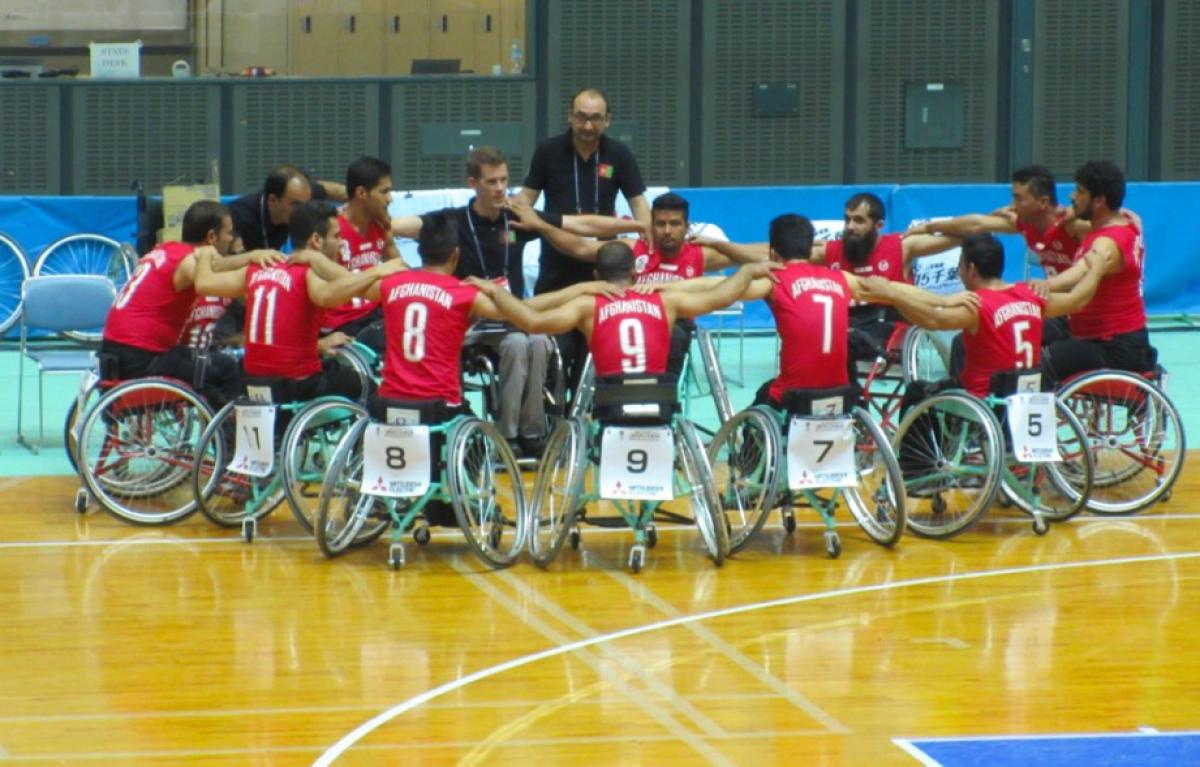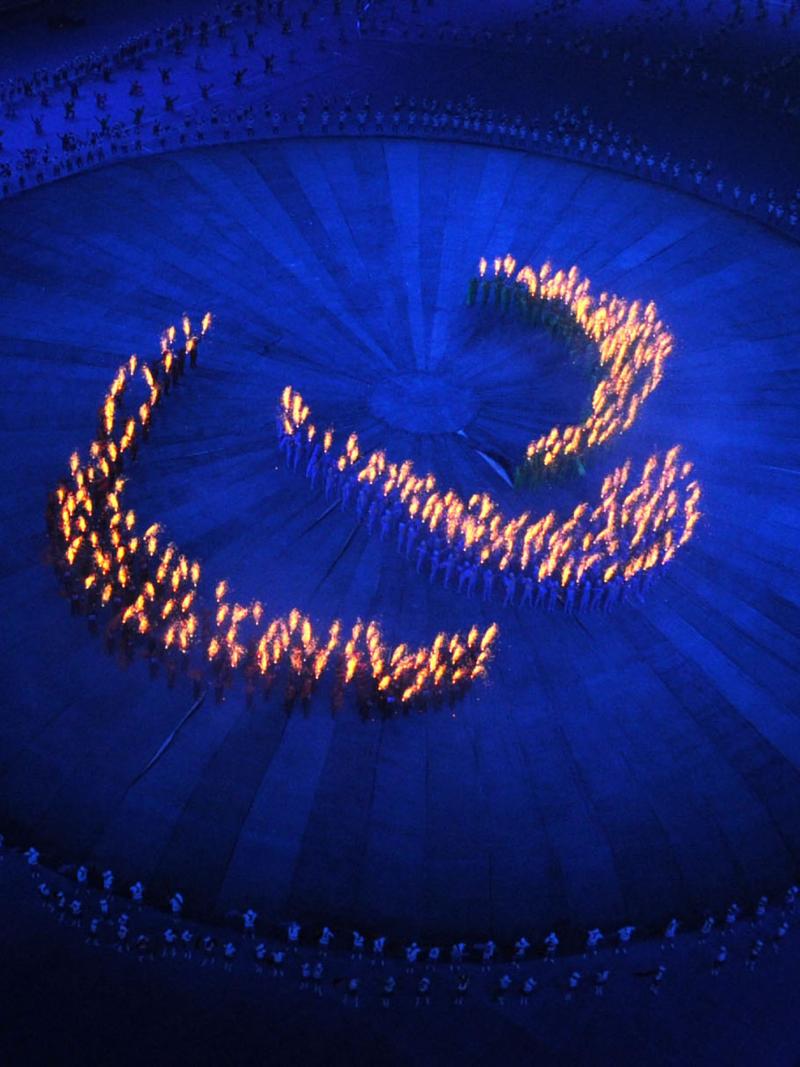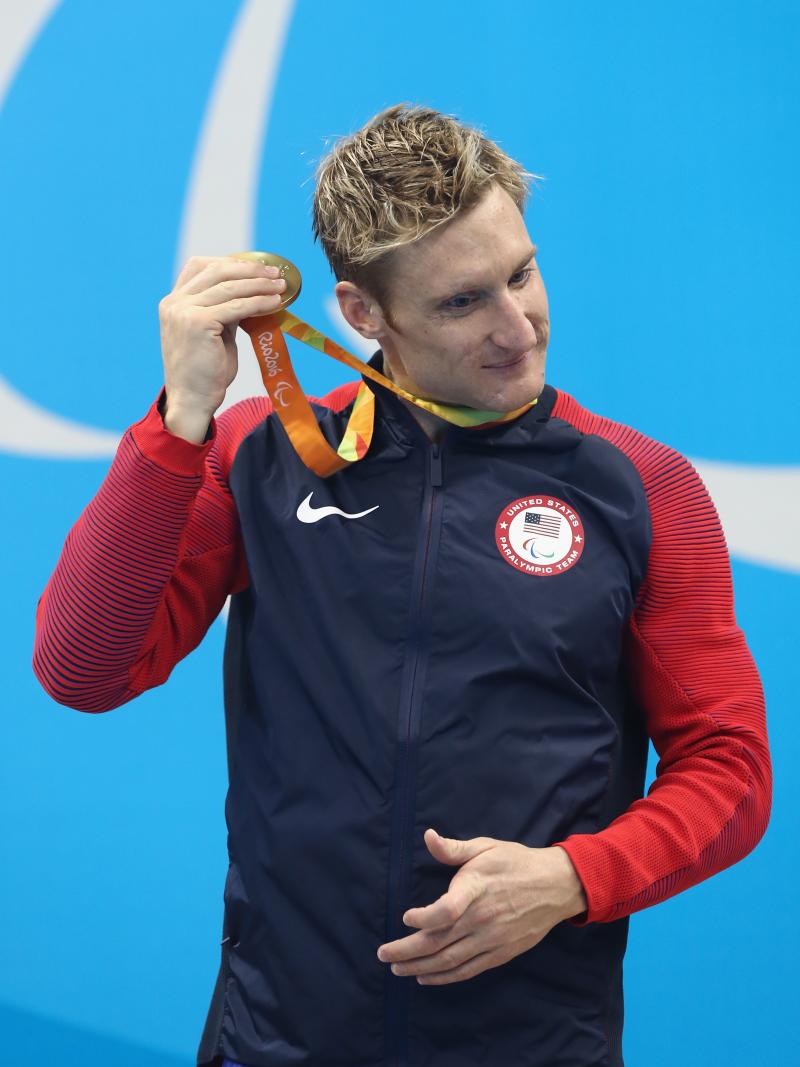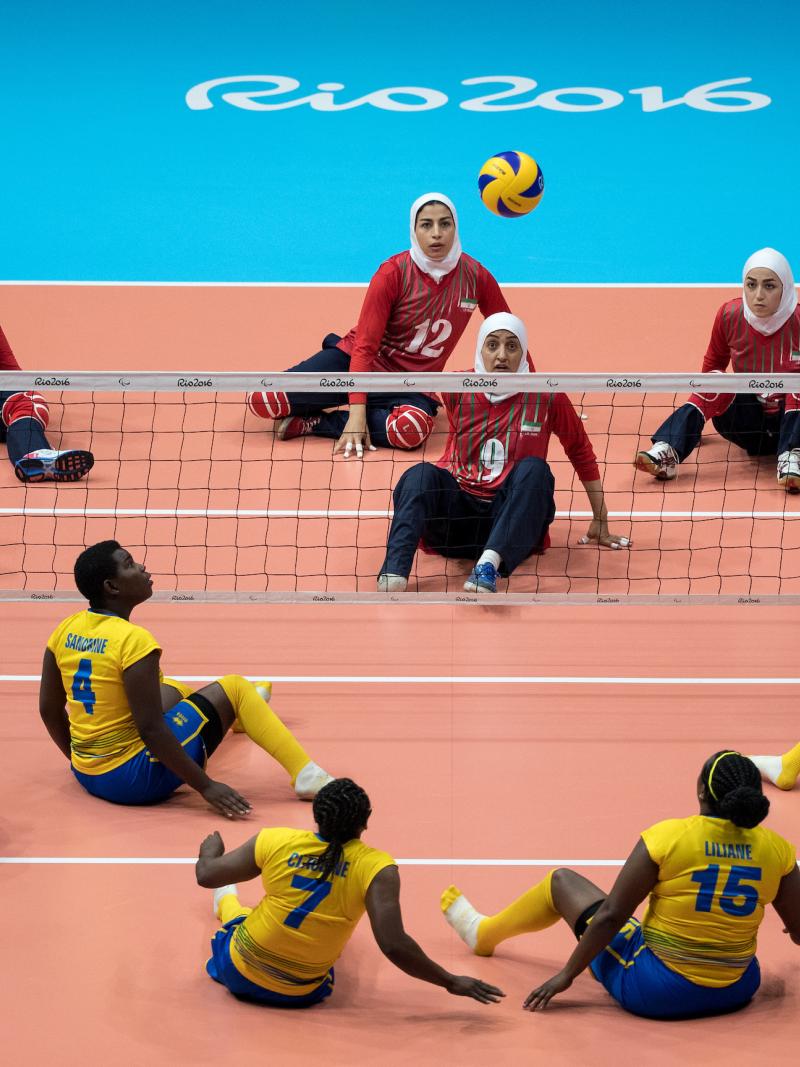Coach Jess Markt shares benefits of wheelchair basketball
The US wheelchair basketball coach shares about his experience developing the sport across the world. 08 Apr 2017
US wheelchair basketball coach Jess Markt with a wheelchair basketball team in Afghanistan.
As part of International Day of Sport for Development and Peace (6 April), the International Wheelchair Basketball Federation (IWBF) spoke with US wheelchair basketball coach Jess Markt, who spent the last seven years inspiring and providing opportunities for communities within war-torn countries to experience the positive impact team sports has.
Markt broke his back in a car accident during the summer of 1996 after his first year at the University of Oregon. Having been an athlete growing up, playing basketball as well as competing on the University athletics team as a high jumper, finding wheelchair basketball proved very important to him.
In 2000 Markt was first introduced to wheelchair basketball when he attended a training session for the National Wheelchair Basketball Association team, the Portland Wheelblazers. He immediately fell in love with the game and has been playing and coaching ever since.
In 2009 he received a request to coach a team in Afghanistan which gave him an opportunity to inspire others.
“About nine years after I began playing wheelchair basketball, when I was playing for the New York Rollin’ Knicks and living in Brooklyn, I received an email through the manager of my team requesting someone to travel to Afghanistan and spend a week teaching the basics of the game to a newly-formed team in the town of Maimana,” he said.
“As crazy as that request sounded – I’d never travelled to the developing world at that point, much less a war zone like Afghanistan – I thought back to my own experience with wheelchair basketball and what it had meant to me and my recovery, and I felt like I had to take the opportunity to pass that experience on to a group of people who might never otherwise have the chance to feel the life-altering empowerment that team sports can bring.
“After spending that week in Maimana and developing a relationship with the players there, I knew I needed to find a way to come back to teach them again, and to broaden the impact of wheelchair basketball in Afghanistan. I met the head of the International Committee of the Red Cross’s [ICRC] Physical Rehabilitation Programme in Afghanistan – an Italian named Alberto Cairo, who has spent over 25 years working to help people with physical disabilities in the country – and he was very interested in using wheelchair basketball as a next frontier in physical rehabilitation for his patient population. We’ve been working together ever since, and have now established leagues for men and women with teams in provinces across the country and over 400 players in total.
“Seeing the success of the programme in Afghanistan prompted the ICRC to send me to other countries in which it provides physical rehabilitation services – including India, Palestine, Cambodia, and South Sudan – to help kick start similar programmes for wheelchair basketball. While we work to grow these programmes, we are also looking for new opportunities to bring wheelchair basketball and other adaptive sports to potential athletes in countries dealing with conflict and war.”
IWBF has recently partnered with the ICRC to support these important programmes and the development of wheelchair basketball across the world.
To find out more about the ICRC and Markt’s work, visit his blog and the IWBF’s website.








